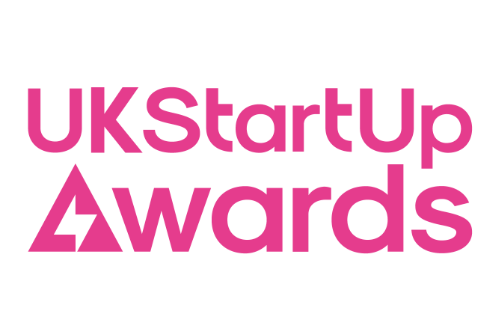Gen Z is increasingly disengaged at work, often opting to “quiet quit”. To combat this, employers must ditch the cookie-cutter approach to learning and development.
Gen Z is entering the workforce with fresh perspectives and new expectations. Yet, many find themselves quickly disengaged, leading to the rise of “quiet quitting.” To turn this trend around, companies must invest in skills that turn these quiet quitters into top performers.
Quiet quitting is old news, but that doesn’t mean it’s going away
Good employers want their people to love what they do and stay for as long as possible. But that’s rarely the case. Gen Z are disengaged, and “quiet quitting” is still on the rise.
The term “quiet quitting” became popular on TikTok, and while on the surface, it simply means not going above and beyond for your job, its roots run much deeper than that. The movement is a pushback against companies that don’t invest in their people and have stopped seeing them as people at all.
When your employees feel like you don’t care about them or their development, they become disengaged and out of sync with your business goals and mission. This is especially difficult for early careers talent, who may have degrees and theoretical knowledge but lack the real-world business experience they need to thrive at work. Contributing to your new recruits feeling disillusioned and even more disconnected from the company’s goals.
Learning & development as an antidote to quiet quitting
With 87% of undergrads saying learning and development (L&D) benefits are either important or essential when evaluating a job opportunity, it’s time we start giving Gen Z access to the skills that will help them thrive.
A solid learning and development (L&D) programme helps you stand out from the competition and become an industry-leading employer. However, the standard cookie-cutter approach to L&D won’t fly with your Gen Z employees,
Gen Z expects their employers to meet their needs and offer tailored support. Your Gen Z employees have a lot going on outside of work.
- 7/10 Gen Z have been diagnosed with a mental health condition or are experiencing short-term mental health (Randstad)
- 50% of Gen Z say they currently live pay cheque to pay cheque (Deloitte)
Skills that support Gen Z inside and outside of work
By offering training that helps your people manage their mental health and personal finances, you’ll help them thrive in the workplace and at home. It also sets you apart as a company committed to employee wellbeing and social change.
Financial stress is one of the leading causes of mental health issues in the UK, affecting everything from productivity to job satisfaction. What’s more, those with pre-existing mental health conditions and neurodivergence are more likely to struggle with their finances.
You can improve overall mental wellbeing by giving your people the tools they need to be financially aware and support their financial resilience. Financial training gives Gen Z the knowledge and skills to effectively manage their take-home pay, reduce debt, save for the future, and maximise their workplace financial benefits.
Future-proofing your people
Along with financial literacy, commercial acumen training is essential for future-proofing your talent. Teaching people about business finances helps align and better equip them to deliver on your commercial goals. Not only will this positively impact Gen Z’s performance and your business success, but it’s also a critical skill for your people’s long-term career growth.
Offering bespoke training solutions improves engagement and retention among Gen Z. A lack of L&D has led to quiet quitting, but employees who feel their company invests in their growth make for loyal teams.
By investing in and building Gen Z skills, you empower them to take ownership of their work and see the impact of their contributions. This ownership is a powerful motivator, leading to higher job satisfaction and reduced turnover.
The impact of learning and development extends far beyond your Gen Z employees. As more people gain the skills to manage their finances effectively, the overall financial health of our society improves. And with the UK’s lack of financial literacy costing £20 billion annually, we can’t afford not to act.
Share via:










































